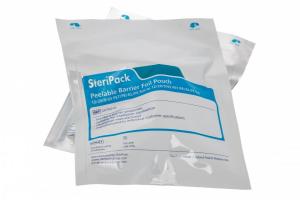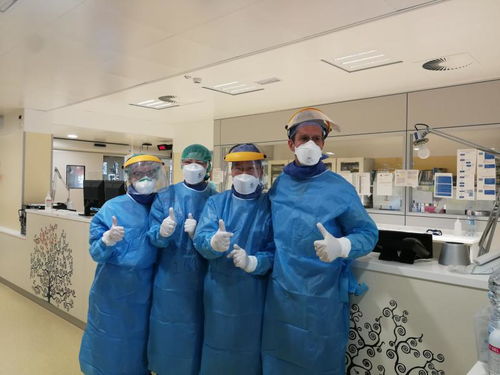
Understanding the Brown Recluse Spider Bite

The brown recluse spider, also known as the fiddleback spider, is a venomous arachnid native to the southeastern United States. Its bite can cause severe skin damage and other complications. If you suspect you’ve been bitten by a brown recluse spider, it’s crucial to understand the medical treatment options available to you.
Immediate First Aid

After a brown recluse spider bite, the first step is to clean the wound thoroughly with soap and water. This helps prevent infection. Avoid applying any substances like butter, ice, or other home remedies, as these can worsen the condition. If you’re experiencing severe pain or other symptoms, seek medical attention immediately.
Medical Treatment Options

Here’s a detailed look at the various medical treatments for a brown recluse spider bite:
Antivenom Therapy
Antivenom therapy is the most effective treatment for brown recluse spider bites. It’s a medication derived from the venom of the spider and is designed to neutralize the venom. However, antivenom is not widely available and may not be available in all areas. It’s typically administered in a hospital setting by a healthcare professional.
Supportive Care
In addition to antivenom therapy, supportive care is essential. This includes pain management, wound care, and monitoring for any complications. Pain can be managed with over-the-counter pain relievers like acetaminophen or ibuprofen. If these don’t provide adequate relief, a healthcare professional may prescribe stronger pain medications.
Wound Care
The wound from a brown recluse spider bite can become necrotic, leading to tissue death. Proper wound care is crucial to prevent infection and promote healing. This may involve cleaning the wound regularly, applying antibiotic ointment, and keeping the wound covered with a sterile dressing. In some cases, surgical intervention may be necessary to remove dead tissue.
Prevention of Infection
Infection is a common complication of a brown recluse spider bite. To prevent infection, it’s essential to keep the wound clean and dry. Your healthcare provider may prescribe antibiotics to prevent or treat infection. It’s important to complete the full course of antibiotics, even if you start feeling better before the course is finished.
Monitoring for Complications
Brown recluse spider bites can lead to severe complications, such as kidney failure, liver damage, and blood clots. Your healthcare provider will monitor you closely for any signs of complications, such as increased pain, redness, swelling, or fever. If complications arise, additional treatments may be necessary.
Preventing Future Bites
Preventing future brown recluse spider bites is essential, especially if you live in an area where they are common. Here are some tips to help you avoid these spiders:
- Keep your home clean and clutter-free, as brown recluse spiders prefer dark, undisturbed areas.
- Seal any cracks or gaps in your home’s foundation, walls, and floors to prevent spiders from entering.
- When outdoors, wear protective clothing and shoes, and be cautious when handling items that may have been in the ground.
- Be aware of your surroundings when camping or hiking in areas where brown recluse spiders are known to live.
Conclusion
A brown recluse spider bite can be a serious medical condition. Understanding the available treatment options and taking steps to prevent future bites can help you stay safe. If you suspect you’ve been bitten by a brown recluse spider, seek medical attention immediately.
| Complications of Brown Recluse Spider Bite | Description |
|---|---|
| Necrosis | Tissue death around the bite site, leading to severe skin damage. |
| Systemic reactions | Severe symptoms that affect the entire body, such as fever, chills, and muscle pain. |
| Organ damage | Damage to vital organs, such as the liver, kidneys, and spleen. |
| Blood clots | Formation of blood clots, which can lead to stroke or heart attack. |






